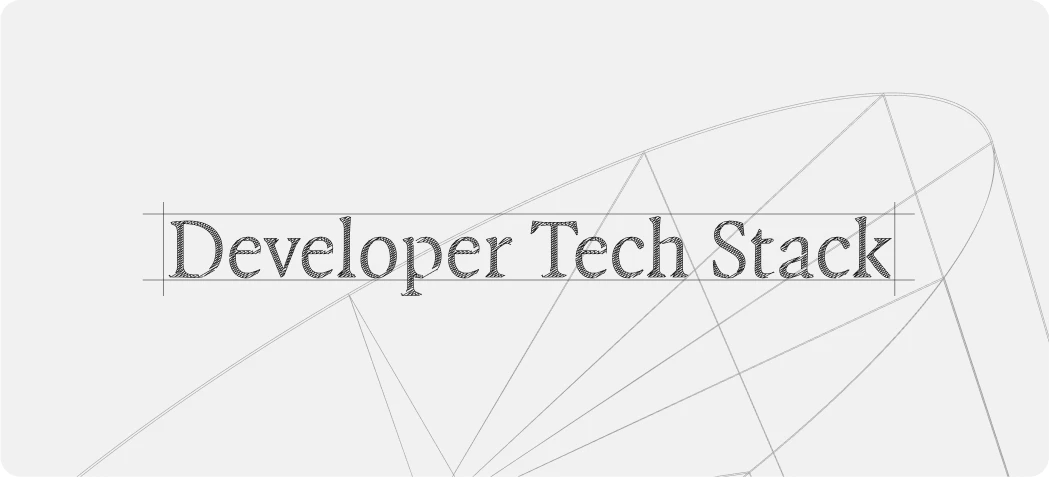
Ryan Daws is a senior editor at TechForge Media with over a decade of experience in crafting compelling narratives and making complex topics accessible. His articles and interviews with industry leaders have earned him recognition as a key influencer by organisations like Onalytica. Under his leadership, publications have been praised by analyst firms such as Forrester for their excellence and performance. Connect with him on X (@gadget_ry) or Mastodon (@gadgetry@techhub.social)
In the wake of Epic Games’ victory against Google last December, where a jury ruled that the Google Play app store and Google Play Billing constitute illegal monopolies, the tech giant has revealed the potential costs of implementing court-ordered changes to Android.
Google estimates that integrating third-party app stores within its Play Store would cost between $61.3 million and $137 million, according to documents submitted to the court. This comes in response to Judge James Donato’s order for Google to calculate the expenses associated with Epic’s demands, which include forcing Google to carry competing app stores within its own platform.
The breakdown of costs provided by Google includes:
- $27.5 – $66.9 million and 12-16 months to offer “catalog access,” allowing third-party app stores to access Google Play apps.
- $1.7 – $2.4 million and 12 months to implement “library porting,” enabling users to transfer ownership of their Android apps to a third-party app store in bulk.
- $32.1 – $67.7 million and 12-16 months to distribute third-party app stores within Google Play.
- An undisclosed amount for reviewing apps and app updates carried by third-party stores.
While these figures may seem substantial, they pale in comparison to Google Play’s profitability. Court documents revealed that Google generates billions in profit from the Play Store quarterly, with a 2021 forecast suggesting nearly $12 billion in profit for a single year – equivalent to over $31 million daily.
Despite the financial feasibility, Google argues that the proposed changes would have far-reaching consequences beyond monetary costs. The company claims that allowing third-party stores access to its app catalogue would expose Android developers to “a host of regulatory and compliance risks associated with advertisement and distribution of their apps around the world.”
Google also expressed concerns about user safety and its reputation, stating that “ill-intentioned app stores could then intermingle the apps from Google’s catalog with malware or pirated apps from their own catalog.” The tech giant emphasised that these remedies would “require a dramatic redesign of the Play Store and Android that would harm Android users and developers, the trust and safety of the Play store, and the Android ecosystem.”
In addition to the technical and security challenges, Google argues that it should be entitled to collect fees from third-party app stores if forced to implement these changes.
As the legal proceedings continue, Epic will have the opportunity to question Google’s estimates and file a rebuttal. The court has scheduled a final hearing on August 14th to further discuss the proposed remedies and their implications.
(Photo by Giorgio Trovato)
See also: Dave Burke retires as VP of Android engineering

Looking to revamp your digital transformation strategy? Learn more about Digital Transformation Week taking place in Amsterdam, California, and London. The comprehensive event is co-located with AI & Big Data Expo, Cyber Security & Cloud Expo, and other leading events.
Explore other upcoming enterprise technology events and webinars powered by TechForge here.
Tags: android, coding, court, development, epic games, google, law, monopoly, play store, programming, regulation
.png)
 5 months ago
78
5 months ago
78

 (2).png)

/cdn.vox-cdn.com/uploads/chorus_asset/file/25515570/minesweeper_netflix_screenshot.jpg)




 English (US) ·
English (US) ·